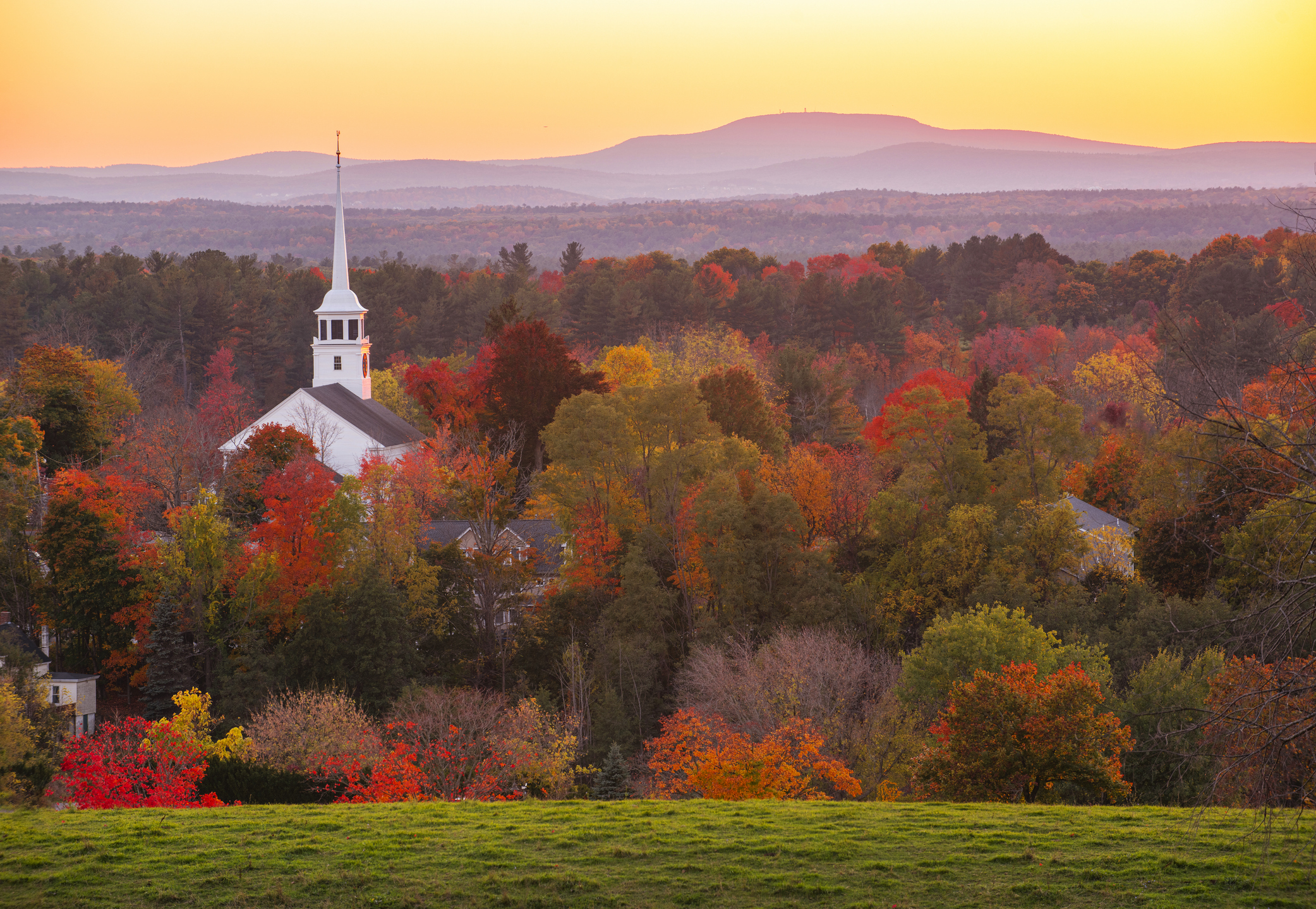Why Americans Must Fight For Religious Freedom At The Local Level
Peter Vlaming lost his job teaching high school French because he could not refer to a transgender student according to the student’s preferred pronouns without violating his sincerely-held religious beliefs. Now, his lawsuit against the West Point school board is a prime example of why Americans must pay closer attention to religious freedom protections at ...

Peter Vlaming lost his job teaching high school French because he could not refer to a transgender student according to the student’s preferred pronouns without violating his sincerely-held religious beliefs. Now, his lawsuit against the West Point school board is a prime example of why Americans must pay closer attention to religious freedom protections at the local and state level.
Thankfully, Napa Legal Institute’s 2nd inaugural “Faith and Freedom Index” shows which states are lacking in religious freedom protections. It also provides a roadmap as to how state governments can strengthen these protections and best allow their citizens to flourish.
Vlaming represents countless Americans who have been unlawfully punished for exercising their First Amendment rights, and who remain fearful about the future of the nation – especially in an uncertain election year. From preferred pronouns, abortion, and transgenderism to burdensome tax regimes and regulations, there are countless ways that people of faith are essentially being told to renounce their beliefs or step away from the public sphere altogether.
Properly addressing these attacks goes far beyond federal elections and policies, however. Local and state governments often make the decisions that have the most direct consequences on American’s daily lives, from zoning and land use regulations to tax laws. And local institutions – churches, schools, charities – often make a greater impact on the lives of ordinary Americans than the White House and Congress.
This means that those seeking to protect religious Americans from discrimination must focus more of their time and attention on the laws that help local institutions thrive, particularly the faith-based nonprofit organizations that do so much to benefit society.
This is why this week, the Napa Legal Institute released the second annual Faith and Freedom Index, an unprecedented state law analysis. The Index looks at 14 types of state laws – from religious freedom restoration acts and employment laws to charitable registration laws and tax exemptions – and ranks all 50 states (plus Washington, D.C.) on their friendliness (or lack of friendliness) towards faith-based nonprofits.
There are some results that are not surprising: Alabama and Indiana receive the highest overall scores in the country; Kansas, Texas, and Mississippi round out the top 5. But there are other results that do not quite fit the political narrative. Red states like South Dakota and West Virginia score in the bottom 10 for overall scores, while Oregon and California are both in the top 10 for regulatory freedom for faith-based nonprofits. The results do not fall on purely partisan lines.
Some laws have changed for the better since Napa Legal first released the Index in June 2023. For example, several states (including Nebraska, Iowa, and Utah) have passed religious freedom restoration acts. These crucial laws, which are now in place in 28 states, protect the free exercise of religion against intrusions by “neutral” laws that may not directly target religion but that can seriously affect religious exercise in practice.
Additionally, a major development took place in Virginia in December 2023, when the Virginia Supreme Court decided the Vlaming case. Vlaming’s case ultimately clarified that, under the Virginia Constitution, the free exercise of religion receives much stronger protection than the minimum required by the First Amendment.
The Vlaming decision is an encouraging reminder that states have the ability to strengthen religious freedom protections and better support the work of faith-based nonprofits. Yet while it is encouraging to be able to highlight positive changes in state law, the fact that no state in the nation scores above a 72% on the Napa Legal Faith and Freedom Index means there is much more work to be done, even in states friendly to religion and to faith-based nonprofits.
MATT WALSH’S ‘AM I RACIST?’ COMING TO DAILYWIRE+ OCT. 28
State legislatures can do much to allow faith-based nonprofits to flourish within their states. They can create just employment and public accommodation laws that respect the beliefs and work of faith-based nonprofits. They can ensure that state of emergency laws do not violate the freedom of worship and religious exercise. They can enact corporate governance laws that respect the internal autonomy of religious organizations.
And they can pass charitable registration laws and tax laws with proper exemptions for religious organizations, so that these nonprofits that do so much good for society can be free from unnecessary taxes, fees, paperwork, and administrative burdens that prevent them from accomplishing their missions.
Local institutions in general and faith-based nonprofits in particular are a foundational part of a healthy society. While these institutions are formed privately by citizens of good will, the government plays a pivotal role in ensuring that the laws help rather than hinder the work of faith-based nonprofits.
By reviewing the Faith and Freedom Index, passing laws that respect religious freedom, and eliminating burdensome regulations, state governments can do their part to achieve the common good and help our society to flourish.
No American should be forced to lose his job because of his religious beliefs like Peter Vlaming did. Through a better understanding of where state religious freedom protections are lacking and the ways to address them, the Napa Legal Institute hopes to create an America where no one is prevented from or punished for living his faith.
* * *
Frank DeVito serves as Counsel at Napa Legal. Prior to his position at Napa Legal, he served as the full-time solicitor for the Carbon County, PA Children & Youth Services Agency and as an associate at the law firm of Lesavoy Butz & Seitz LLC. His written work has been published in the Penn State Online Law Review, The American Conservative, The Federalist, First Things Online, The Public Discourse, and several other publications.
The views expressed in this piece are those of the author and do not necessarily represent those of The Daily Wire.
Originally Published at Daily Wire, World Net Daily, or The Blaze
What's Your Reaction?

































































































